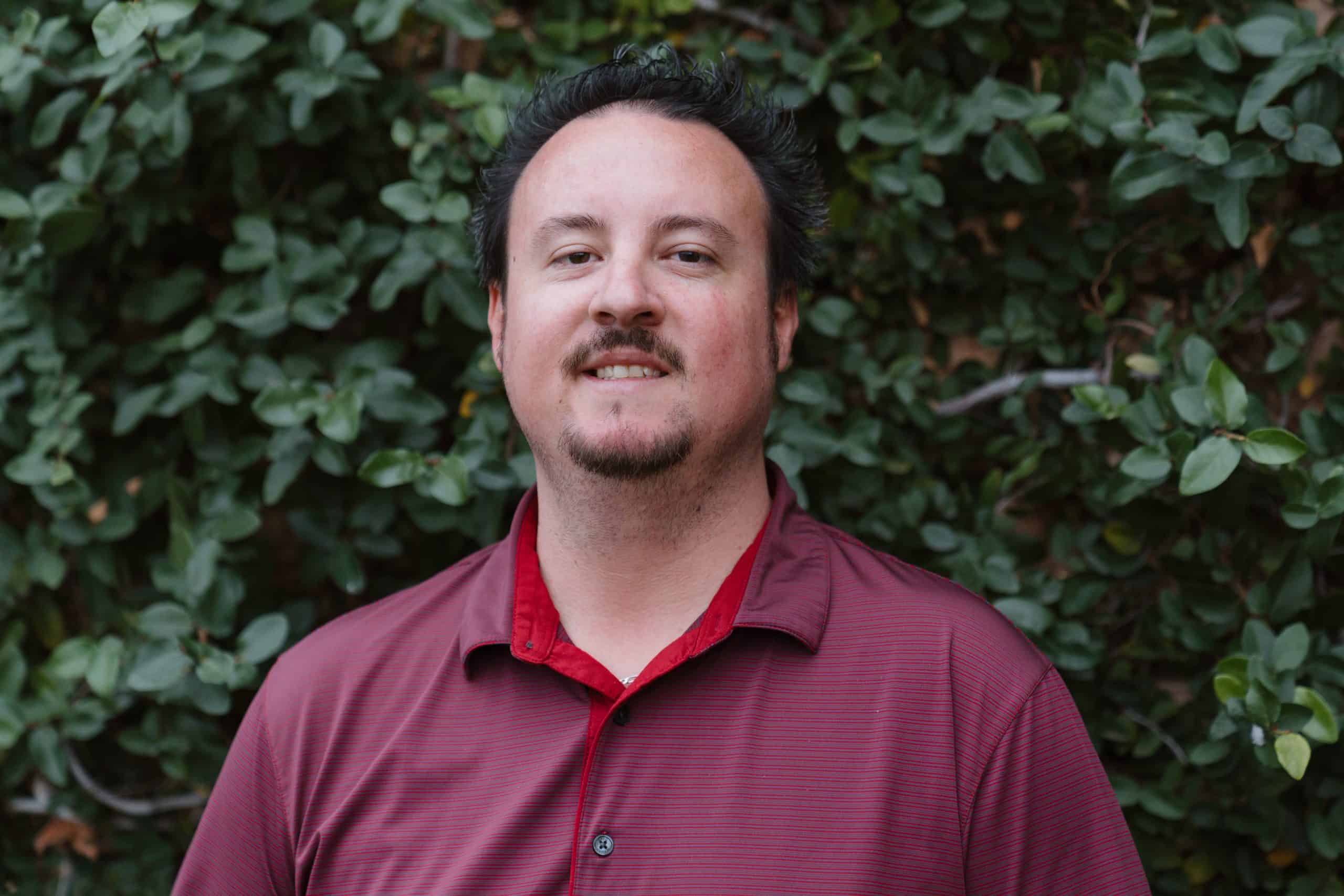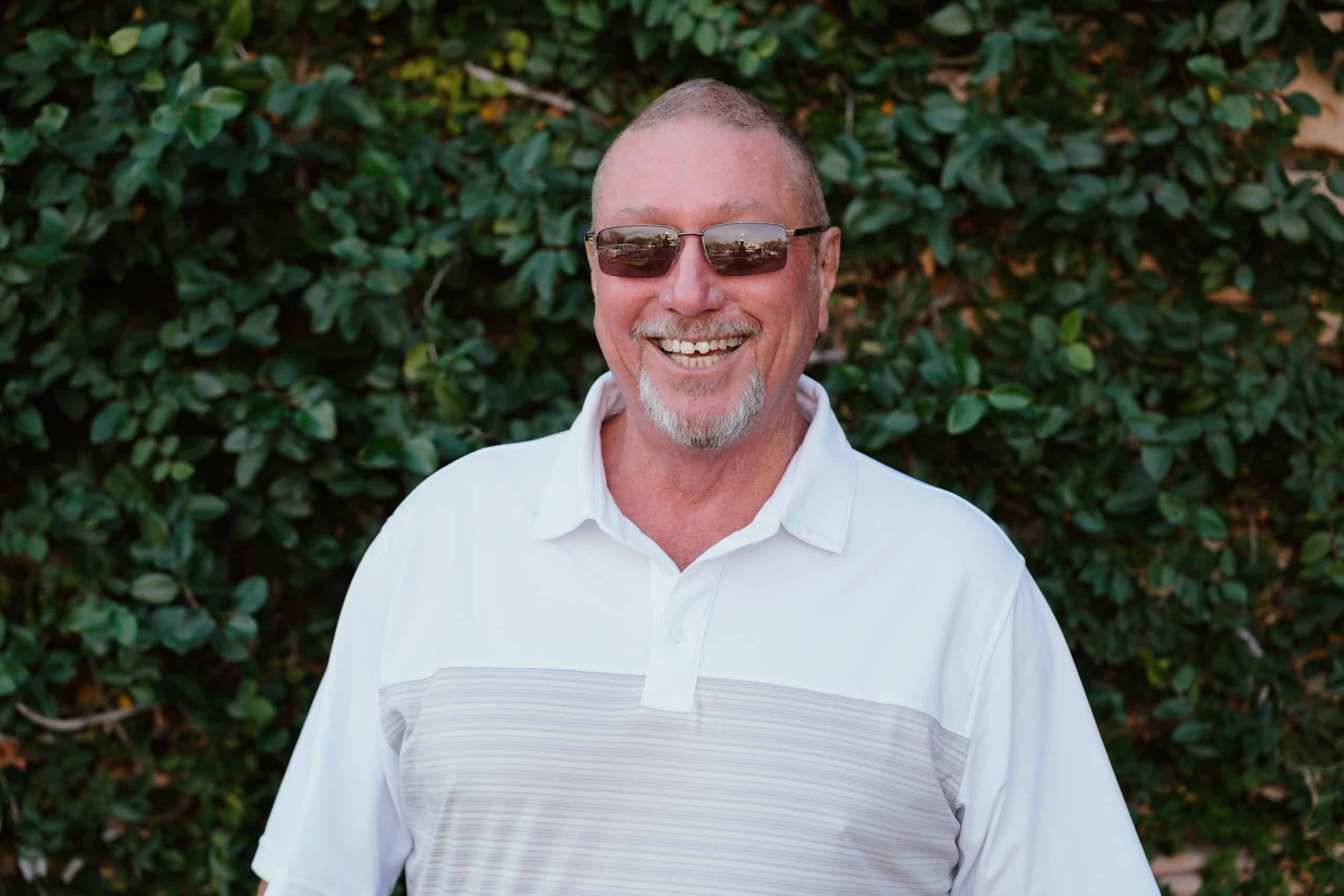Depression Treatment

There is a level of stigma surrounding mental health and depression. As a condition that doesn’t always come with many physical signs, it can be easy to overlook. Without a proper understanding of depression, people are often quick to say, “You’re fine, just think happy thoughts, it’ll pass.” This misunderstanding makes those managing depression feel as though the problem lies within their own capabilities, which isn’t always true.
Over 40% of adults in Arizona reported feelings of depression or anxiety within the past year. Additionally, 87,000 Arizonans aged 12-17 were reported having depression in 2021. This is a condition that impacts people of all ages and is very prevalent across our state. Here at Pinnacle Peak, we offer treatment for mental health conditions like depression. Let’s talk further about what depression is and what your treatment options can look like.
There are wounds that never show on the body that are deeper and more hurtful than anything that bleeds.” ― Laurell K. Hamilton, Mistral's Kiss
Over 40% of adults in Arizona reported feelings of depression or anxiety within the past year. Additionally, 87,000 Arizonans aged 12-17 were reported having depression in 2021
What We Treat: What Is Depression (Major Depressive Disorder)?
Depression, also referred to as major depressive disorder, is a common but serious mental health condition that impacts everything from how you feel to the way you think and act. It comes in many forms, such as postpartum depression and seasonal affective disorder. It is also a common side effect of some medications and can be impacted by substance use.
Those who experience depression are often managing symptoms such as feelings of hopelessness, low self-worth, and the potential for thoughts of suicide.
You're worth the time, we promise. Let our team help you create a healthy life.
How We Treat: Finding the Right Approach for Every Client
Depression can affect every area of your life, from decreasing motivation to relationship strain. Here at Pinnacle Peak, we work with clients to ensure that they have a say in their treatment plan. We recognize that no single option works perfectly for everyone, which is why we offer a variety of evidence-based treatment options to ensure that you find the combination that best suits you.

Medication Management
Medication can play a crucial role in the recovery process. Many medications help manage depression. Clients will work with our team, including a full-time Psychiatric Nurse Practitioner, to determine which, if any, medications would be most beneficial for their long-term healing goals. This is done alongside other forms of treatment to make for a strong foundation for their healing journey.
Cognitive Behavioral Therapy
Cognitive behavioral therapy (CBT) is a widely used, evidence-based approach that works by addressing negative thought patterns that contribute to the low moods of depression. Through CBT, you will learn to identify and challenge distorted beliefs, replacing them with more balanced and constructive ways of thinking. This shift in perspective helps improve mood, increase motivation, and develop healthier coping strategies for daily life.
Eye Movement Desensitizing and Reprocessing Therapy
Eye movement desensitization and reprocessing (EMDR) is a type of trauma therapy that helps you process unresolved, negative experiences that contribute to depression. By using guided eye movements or other forms of bilateral stimulation, EMDR allows the brain to reprocess stressful memories in a way that reduces their emotional impact. This leads to improvements in mood, greater emotional resilience, and relief from long-standing depressive symptoms.
At Pinnacle Peak, we understand how depression can take over your life and reduce your mental well-being. Our approach combines therapies with expressive arts, music therapy, and spiritual practices such as yoga and Reiki to promote overall physical and mental well-being.
How to Spot the Signs and Symptoms of Depression
It’s important to note that depression is more than just “feeling sad.” Depression as a whole impacts every corner of a person’s life. In fact, the side effects of depression unfortunately often contribute to continued depression in the long run.
Even though many of the side effects are emotional and mood-based, there are still external signs that you can look for to spot depression in yourself or a loved one.
Not all who experience depression are going to outwardly express thoughts of low self-worth or hopelessness. Depression can make individuals feel like those around them see them as a burden. They can feel like their thoughts are their fault and that no one would want to help them even if they did ask. People managing depression will often withdraw from loved ones, or put on a happy face to hide what they’re going through from those they care about. Depression also often negatively affects many aspects of a person's life, such as work or relationships.
Let’s talk about the signs you can more easily spot. These often include behavioral changes like low sleep or excessive sleep. Another common thing impacted by depression is appetite and self-care. People managing depression might withdraw from activities they used to enjoy or seclude themselves in their rooms more often.
The Differences Between Depression and Sorrow
The primary difference between depression and feelings of sorrow and grief is the time frame in which it lasts. Symptoms of depression are reoccurring. They often are felt most of the day, nearly every day. While it can come in waves, depressive episodes often last for nearly two weeks at a time. This is a key component of diagnosis – the timeframe in which the symptoms happen.
This doesn’t mean, however, that someone going through grief can’t experience a depressive episode. They might have many of the side effects of depression, but they only last a week or so. Depression is a reoccurring condition that can last for many years.
Are There Common Risk Factors for Depression?
While there is no “formula” that guarantees someone developing depression, there are several factors that are common influences for it. One of the most common factors for depression is trauma. This doesn’t always mean developing PTSD, but the experience of trauma can lead to depression. Trauma can happen at any point in our lives, from childhood trauma (known as adverse childhood experiences) to experiences in adulthood.
Another common factor is big or abrupt changes in your life and the stress they can bring. This can include the loss of a job, the diagnosis of a serious illness, and more. This can often tie into trauma in instances such as house fires, where not only is the event traumatic but it also greatly alters your day-to-day life.
Finally, our health can play a large role in how we feel mentally. Disrupted sleep schedules, not seeing friends or family for an extended period of time, and long periods of inactivity can make our brains feel stuck. If our base needs aren’t met, our brains aren’t able to focus on things like emotional regulation, leading to an increased risk of depression.
These are all things that can be addressed. Our team at Pinnacle Peak is here to give you the tools you need to know how to manage these situations when they occur. We want to help teach you new routines and ways of thinking so you can handle these obstacles when they arise.
How Substance Use Effects Depression and Mental Health
Tying into health, substance use is another common factor for depression. The two can often go hand-in-hand. Sometimes people turn to substance use as a way to manage the symptoms of their depression. Other times, substance use can lead to depression or enhance the symptoms that are already there.
Substance use impacts not only your health but your brain chemistry, too. Things like stimulants can leave people feeling empty or hopeless when the effects end. Depressants like alcohol can worsen depression through continued use.
If you’re managing both depression and a substance use disorder, this is known as a dual diagnosis. A dual diagnosis is when two or more conditions are at play in a person at the same time.




What Our Valued Patients Say
When Should You Seek Treatment for Depression?
Whether you’re looking for help solely for your mental health, or you wish to take the steps away from substance use but have mental health needs, too – Pinnacle Peak has you covered. There is no wrong time to start and our team is here and happy to help.
We offer both inpatient and outpatient services for anyone who wants to take the first step toward healing. We will work with you to craft a recovery plan that suits your needs and goals. We want to set you up for long-term success and will continue to support you in your recovery as long as you need us. Even after you’ve left our doors, our alumni and outpatient programming are there to help.
The most important thing to remember is that if you feel that help is needed, you should seek it. You do not have to check off a list of symptoms or side effects to be worthy of receiving help from a therapist or other mental health care provider. Everyone deserves to have the tools to face the day and live their life in a way that is meaningful to them.
Whenever you’re ready to take the next step, our Pinnacle Peak team is here for you. Give us a call anytime at 866-377-4761 and we’ll get you started right away.
Clinical Excellence | Compassionate Care | Family Feel
Call our Arizona treatment center today to learn more about our depression treatment program.
